When Did Civilisation Really Begin?
Civilisation, it seems, is a lot older than we have been led to believe. Our current academic timeline has human civilisation beginning around 6000 years ago with the formation of the first human cities in the Sumerian civilisation in what is today, modern Iraq.
Strangely enough, this civilisation didn't develop slowly, it appeared on the scene with fully developed mathematics, writing, architectural and agricultural skills. Archaeologists don't see a gradual increase of these skills with the Sumerians, they see that one point they don't have them and the next point they do. This is a theme with a few early global civilisations. They seem to appear developed with no trace of the lead up in development. It's a very strange phenomenon indeed, one that has been researched in detail by Graham Hancock. His work has spanned decades and he has written extensively on the antediluvian mysteries.
So how did these civilisations suddenly gain this knowledge so quickly? Strong evidence suggests there existed a great global civilisation that was wiped out by the Younger-Dryas comet strike around 12,800 years ago. This civilisation was highly advanced (some might think more so than current day civilisation, depending on the definitions), it boasted great skills and knowledge in architecture, advanced mathematics, astronomy, geometry and philosophy.
It is thought to have been peaceful, creative and prosperous and had existed for many thousands of years before the fragments of comet caused a rapid melt in the north American ice caps, causing a global deluge. This deluge is written into the creation myths of scores of civilisations. It is understood pockets of this ancient civilisation survived the cataclysm and spread out across the world, to higher ground and taking their knowledge with them. After a while, the Earth settled and their knowledge was disseminated to local bands who quickly built civilisations with it, hence the overnight popping up of these civilisations, rather than gradual.
So, lets have a look at the evidence -
THE GREAT SPHINX - A RIDDLE IN TIME
The mainstream Egyptology timeline, new evidence suggests, is being blown out of the water. There are a few different sites that can be shown to be a lot older than 6000 years but I'm going to concentrate on just two for now to give you an idea. The first is the Sphinx of the Giza plateau in Egypt. Current Egyptology dates the Sphinx at around 2500 BC, carved for the pharaoh Khafra out of solid rock.
However, research carried out by geologist, Dr Robert Schoch and researcher John Anthony West has shown water erosion patterns in the rock where the Sphinx is carved from that could only have been created by regular, heavy rainfall. This type of rainfall didn't happen in that region until at least 7000 years ago, and this is a very conservative estimate to allow Dr Schoch and Mr West to not be laughed out of modern academia. Their more accurate estimates would be around 10-12,000 years old.
GOBEKLI TEPE - THE WORLDS OLDEST TEMPLE
Göbekli Tepe is in south east Turkey and was completely covered over with earth. This was done on purpose by an ancient civilisation for unknown reasons but it means that the site is completely untouched by millennia of following civilisations and still in it's original form. The site is huge and only a fraction has been excavated so far but it is gaining international attention as the ongoing work of Dr Klaus Schmidt, who had been the lead researcher since 1995 prior to his death in 2014 , continues to shock the world. The site consists of a temple of stones that weigh on average 2-5 tons but some weighing up to 10-15 tons.
This site has been accurately carbon dated to around 12,000 years old minimum. That is 6000 years older than Stonehenge in the UK. Why is this shocking?
These stones are carved beautifully and astrologically aligned which shows not only great construction skills (it's no mean feat moving a 15 ton stone) but also mathematical, astrological and geometric understanding - all in a time that contemporary academics say humans were only hunter gatherers and had yet to domesticate cows, create agriculture or craft pottery.
WHAT DOES THIS SHOW US?
These, along with numerous other sites, prove without a doubt that our current day theories of human civilisation are way off the mark and humans have been civilised a lot longer than we thought. As far as we know, there were civilisations even prior to the people who built Göbekli Tepe and the Sphinx also and the true origins of human civilisation are in fact, lost in time.
What can we learn from the ancients? Well, first we learn humility. We may have technological advancement to a degree with our society now, but we are a warring civilisation and we are spiritually bankrupt. The ancients operated, evidence suggests, in a cooperative manner and understood the universal principles that unite the cosmos as a single, conscious mind. Their philosophical knowledge is thought to have been passed down from adept to adept in the ancient mystery schools and protected nowadays by secret societies such as the Freemasons and the Rosicrucians.
One way or another, the evidence is overwhelming and as we begin to understand the true history of mankind, it forces us to re-evaluate our history, genesis and fragility.
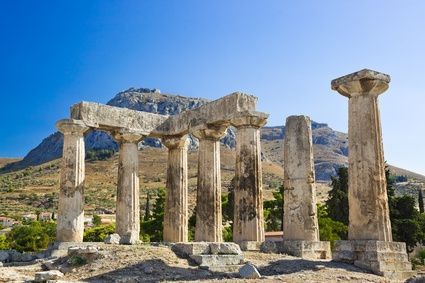
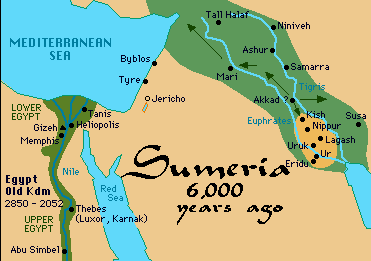
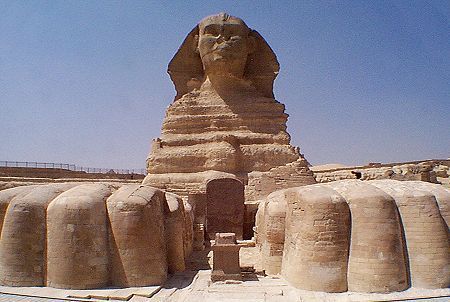
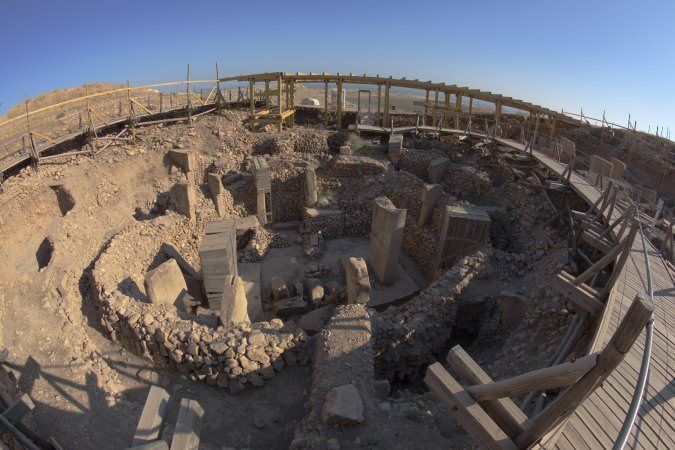
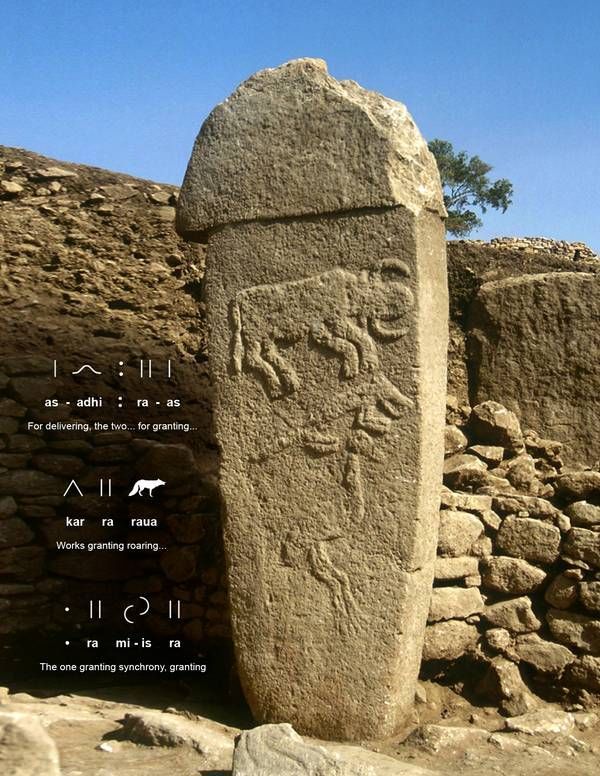
What do you think about the effects of Tassili
in Algeria
You mean the cave paintings? I don't know a huge amount about them but I am aware of the theory of entheogenic plants helping raise the state of consciousness of primitive humans. It's interesting stuff and a viable theory in my opinion.
Interesting post. There is also archeological evidence that a civilization from the Lavant were to first to come to the Americas. Lot of hidden history.
Thanks for the comment. I will look into that!
Resteemed by @resteembot! Good Luck!
The resteem was payed by @greetbot
Curious?
The @resteembot's introduction post
Get more from @resteembot with the #resteembotsentme initiative
Check out the great posts I already resteemed.
Wow! Your publication is extremely fascinating. I have always known that there is something wrong with the story that we are told, in my opinion, the Greeks had a too developed thought, even for our times, among other cultures.
By the way, this is very true:
Thaanks for the feedback. I recommend the work of Graham Hancock if you find this subject interesting. His research is fascinating and leftfield from conventional academia.
Have a great day!
Thank you! I sure will.
You were lucky! Your post was selected for an upvote!

Read about that initiative